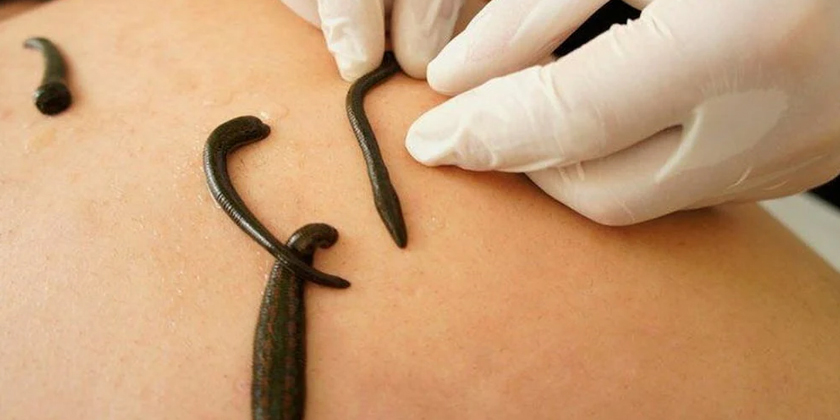Leech Therapy: An Emerging Adjunct in Urological Post-Surgical Care
How Can Leech Therapy Help with Urological Post-Surgical Care?
Why Leech Therapy in Urological Surgery?
The procedures of prostatectomies and bladder reconstructions in urological surgery present complication risks and studies show venous congestion develops in 15% of pelvic exenteration operations (ScienceDirect). In my five-year career as a public health researcher I analyzed how hirudotherapy helps relieve inflammation and save tissue. Research published in 2023 indicates leech therapy may be effective for particular urological complications but conclusive evidence remains scarce according to the African Journal of Urology.
How Leech Therapy Works
1. Mechanisms of Hirudotherapy
Saliva from leeches contains bioactive compounds that help with recovery after surgery.
- Anticoagulation: Hirudin works as an anticoagulant to prevent blood clots while simultaneously reducing venous congestion as explained by Healthline.
- Anti-Inflammatory: Eglins reduce swelling and pain (ScienceDirect).
- Blood Flow Enhancement: Suction and passive oozing improve circulation (NCBI).
2. Applications in Urological Surgery
In urological post-surgical care practitioners administer leech therapy.
- Penile Replantation: Reduces edema and prevents tissue loss (ScienceDirect).
- Pelvic Exenteration: Manages venous congestion in urinary conduits (ScienceDirect).
- Scrotal Hematoma/Penoscrotal Edema: Scrotal Hematoma/Penoscrotal Edema shows possible relief benefits which remain scientifically unverified according to African Journal of Urology.
Potential Benefits of Leech Therapy
- Venous Congestion Relief: Leech therapy proves effective for tissue preservation in penile replantation and exstrophy/epispadias procedures according to the African Journal of Urology.
- Inflammation Reduction: Eglins and bdellins alleviate post-surgical swelling (ScienceDirect).
- Non-Surgical Option: In select cases, leech therapy prevents the need for invasive procedures (NCBI).
- Tissue Salvage: University Hospitals confirms that leech therapy helps maintain flap viability during reconstructive surgeries.
Risks and Limitations
- Infections: Aeromonas infections occur in 7-20% of cases which necessitates the use of antibiotic prophylaxis (PubMed).
- Bleeding: Transfusions become necessary for about half of patients who undergo the procedure while careful monitoring of hemoglobin levels remains essential (PMC).
- Limited Evidence: There is limited research evidence backing leech therapy in urological post-surgical care because no randomized trials exist (African Journal of Urology).
- Contraindications: Patients with anemia or those who are immunocompromised as well as patients who take anticoagulants should not use this treatment according to JAMA Network.
Scientific Perspective and Research Gaps
Hirudotherapy demonstrated effectiveness in treating venous congestion during penile replantation according to a 2023 systematic review which found inadequate evidence for its use in scrotal hematoma or priapism cases (African Journal of Urology). A non-microsurgical penile replantation procedure successfully used leeches to treat edema and restore normal function (ScienceDirect). Current recommendations remain restricted due to the absence of controlled trials and bleeding complications lower tissue salvage rates to 82.2% among patients who received transfusions according to PMC. The data indicates that leech therapy could become an effective supplementary treatment pending further scientific investigation.
FAQ: Leech Therapy for Urological Post-Surgical Care
How does leech therapy help patients after urological surgery?
The therapy diminishes swelling while enhancing circulation specifically in penile replantation cases as per African Journal of Urology.
Is it safe?
Leech therapy can lead to infections and bleeding while being unsuitable for certain patients (PubMed).
Is it widely used?
The use of this therapy remains an emerging addition but lacks extensive research validation and finds application only in particular scenarios (ScienceDirect).



